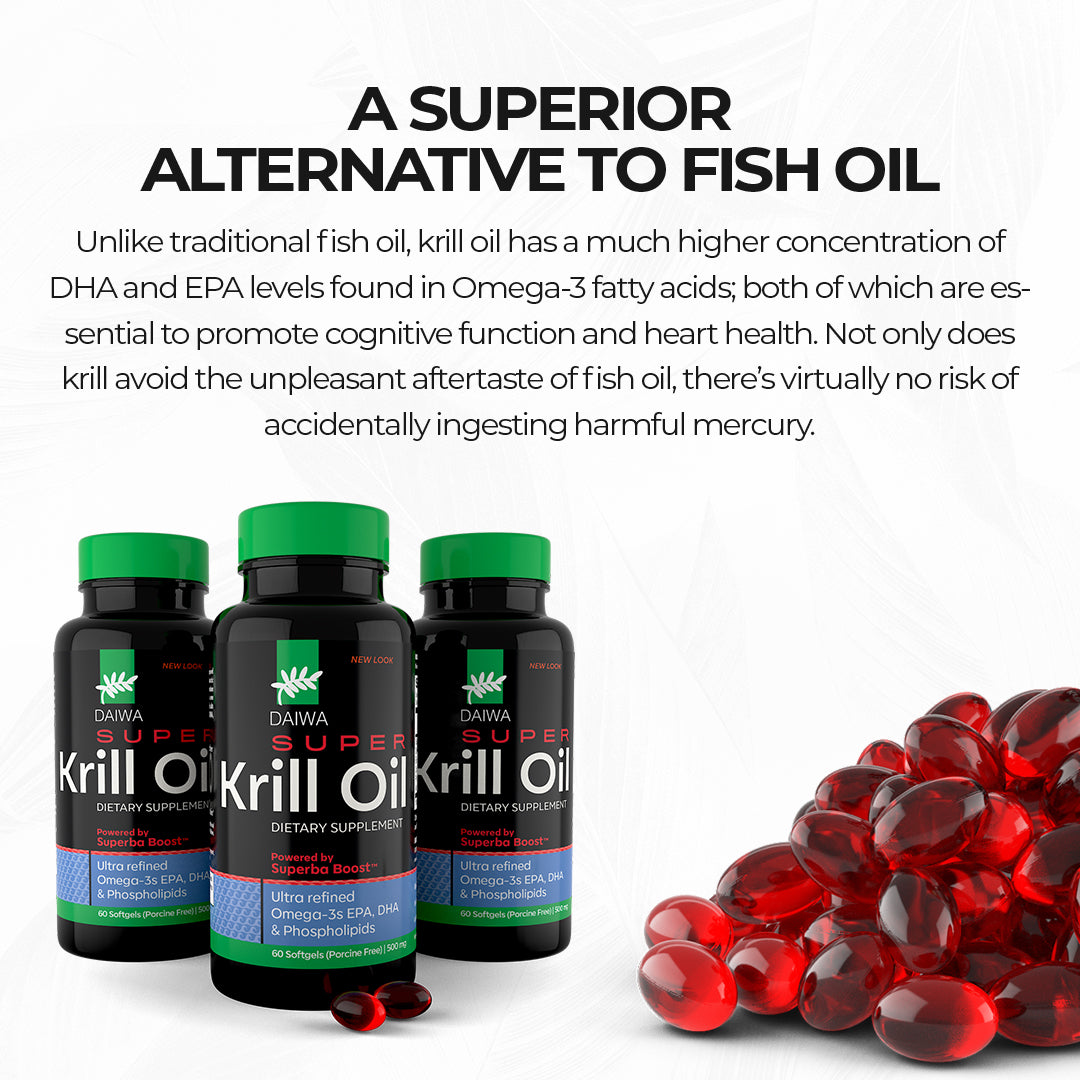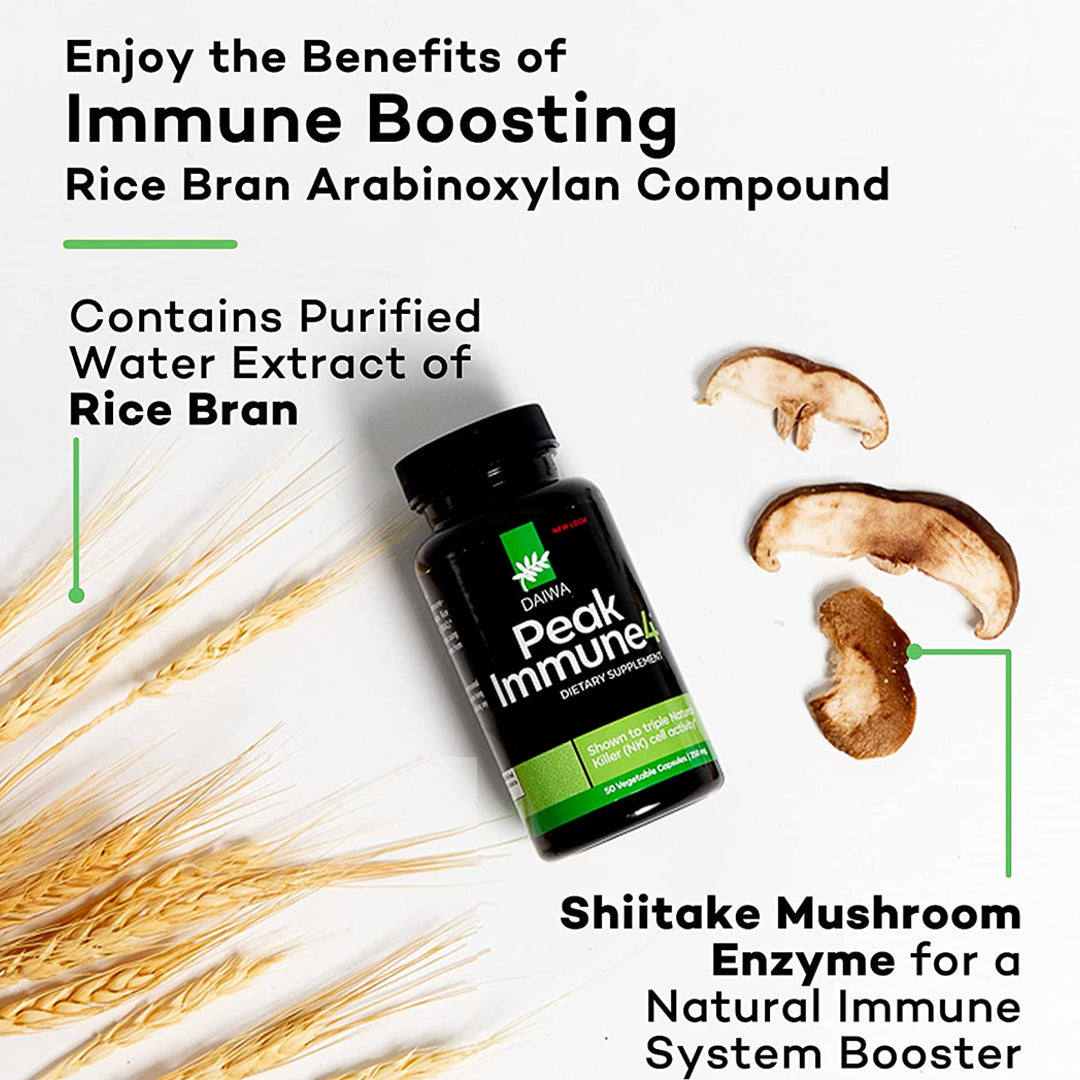At Daiwa Health Development, we believe that optimal wellness begins in the gut. The digestive system is far more than a food-processing organ—it’s a living ecosystem that influences immunity, metabolism, and even mood. Within this vast network of the gut microbiome lies the key to balance: probiotics. For more on the importance of gut health, explore how factors like antibiotics can impact your internal ecosystem and what you can do to restore balance.
Understanding how probiotics affect your gut health reveals why these live cultures have become one of the most researched tools in nutrition and functional medicine. From easing irritable bowel syndrome symptoms to supporting recovery after taking antibiotics, probiotics play a central role in protecting and restoring digestive health.
What Are Probiotics?
Probiotics are live microorganisms—often referred to as “good bacteria”—that, when consumed in adequate amounts, provide measurable health benefits. These beneficial microbes live within the digestive tract, working alongside your own cells to maintain balance against harmful pathogens.
They can be found in fermented foods such as yogurt, kefir, sauerkraut, and sourdough bread, as well as in probiotic supplements designed for clinical-grade support.
The Gut Microbiota: A Living Community
Your gut microbiota contains trillions of organisms, including bacteria, fungi, and viruses. A healthy gut microbiome depends on diversity and equilibrium—too many bad bacteria or too few beneficial bacteria can lead to chronic inflammation, digestive discomfort, and even systemic disease. Probiotics can alter the luminal environment of the gut by changing pH and producing metabolic byproducts, which helps maintain this delicate balance.
When your microbiome becomes imbalanced—after illness, stress, or taking antibiotics—probiotic and prebiotic supplements can help repopulate the gut, restoring harmony and improving overall health.
How Probiotics Work
Probiotics work through several interconnected mechanisms that influence every aspect of digestive health:
-
Restoring Microbial Balance
They compete with pathogens, preventing harmful bacteria from adhering to the intestinal walls. -
Producing Beneficial Compounds
During fermentation, probiotics generate short chain fatty acids (SCFAs) like butyrate and acetate, which fuel intestinal cells and manage inflammation. -
Strengthening the Gut Barrier
By maintaining tight junctions in the intestinal tract, probiotics prevent toxins from entering the bloodstream—a critical defense against “leaky gut.” Probiotics can also fortify the intestinal barrier by maintaining tight junction integrity and inducing mucin production. -
Supporting the Immune System
Up to 70% of immune activity occurs in the gut. Probiotics train immune cells to recognize threats appropriately, improving tolerance and managing chronic inflammation.
Probiotics and Digestive Health
The relationship between probiotics and the digestive system is complex and deeply beneficial. Specific probiotic strains influence the small intestine and large intestine differently, improving motility, enzyme activity, and microbial signaling. Some strains of probiotics can increase the excitability of enteric neurons, which helps normalize gut transit time.
Alleviating Digestive Disorders
Research shows probiotics can help manage health conditions such as:
- Irritable bowel syndrome (IBS) — Reduces abdominal pain, bloating, and irregularity.
- Inflammatory bowel disease (IBD) — Includes ulcerative colitis and Crohn’s disease, where certain probiotic strains help maintain remission and manage inflammation.
- Antibiotic associated diarrhea (AAD) — Replenishes gut bacteria after antibiotic therapy to restore balance.
Studies involving healthy volunteers and patients with pediatric acute infectious diarrhea show that multi-strain formulations, including Lactobacillus rhamnosus GG, improve stool consistency and shorten recovery time.
The Gut Microbiome and Mental Health
The gut and the brain are linked through the nervous system and the gut-brain axis. Probiotics influence this connection by producing neurotransmitters like serotonin and gamma-aminobutyric acid (GABA). Additionally, probiotics may enhance intestinal motility and pain perception through neurotransmitter release.
In both healthy people and individuals with health issues such as anxiety or multiple sclerosis, probiotics have been shown to manage inflammation and to support mental clarity. This research illustrates how a healthy gut translates into emotional and neurological stability.
Probiotics and the Immune System
One of the most powerful health benefits of probiotics lies in immune modulation. The immune system depends on microbial interaction to distinguish between friend and foe. Probiotics can regulate the production of cytokines and immune factors in the gut, further enhancing immune responses.
Beneficial microbes stimulate mucosal immunity, help generate antibodies, and prevent overreaction to harmless stimuli—a key factor in managing chronic inflammation and autoimmune risk.
For those with weakened immunity, taking probiotics regularly can provide consistent protection through improved immune responses and stronger intestinal tract defenses.
Probiotics and Antibiotic Recovery
Antibiotics save lives—but they don’t discriminate. They destroy both bad bacteria and good bacteria, leading to temporary dysbiosis, abdominal pain, and antibiotic associated diarrhea.
This situation is where taking probiotics becomes essential. Introducing live microorganisms within 24–48 hours of taking antibiotics can help preserve microbiome diversity.
Multi strain probiotics—containing species like Lactobacillus genus and Streptococcus thermophilus—are particularly effective at restoring balance after antibiotic treatment.
Pro Tip: Take your probiotic at least two hours after your antibiotic dose to protect the bacteria from drug interference.
How Probiotics Support Inflammatory Conditions
Inflammation is both a cause and a consequence of microbial imbalance. Conditions like inflammatory bowel disease, ulcerative colitis, and Crohn’s disease often coincide with reduced beneficial bacteria and excessive immune activation.
Clinical studies show probiotic and prebiotic supplements can reduce flare frequency and maintain remission in these disorders by stabilizing gut pH, managing inflammation, and reestablishing gut microbiota diversity.
Patients with ulcerative colitis using dietary supplements that include probiotics often report less abdominal pain and improved stool regularity, demonstrating a tangible reduction in symptoms without harsh medication side effects.
Probiotics in Pediatrics and Early Life
The scientific community has identified early microbiome development as critical to long-term human health. Studies on preterm infants show that taking probiotics can promote wellness.
For children and infants, the use of live microbial cultures such as Lactobacillus rhamnosus GG and Bifidobacterium infantis has demonstrated remarkable potential health benefits with minimal adverse effects when administered properly.
The Link Between Probiotics and Metabolic Health
Metabolic balance begins in the gut. The gut microbiome influences energy regulation, blood sugar, and lipid metabolism. When bad bacteria dominate, inflammation increases, leading to metabolic syndrome and weight gain.
Probiotics can help restore host metabolic homeostasis by producing short chain fatty acids, improving insulin sensitivity, and promoting satiety. Healthy volunteers consuming probiotic products for several weeks often show improvements in glucose control and digestion.
Combining Probiotics and Prebiotics
For maximum benefit, probiotics and prebiotics should work together. Prebiotics—non-digestible fibers found in foods like garlic, bananas, and chicory root—serve as nourishment for beneficial microbes.
When taken together as probiotics and prebiotics or probiotic and prebiotic supplements, they synergistically strengthen the gut barrier, increase good bacteria populations, and amplify SCFA production.
Multi strain probiotics with prebiotic substrates have shown improved outcomes in managing IBS symptoms, inflammation, and digestive comfort across multiple scientific research studies.
Fermented Foods: Nature’s Probiotic Source
Before modern capsules and dietary supplements, our ancestors relied on fermented foods to cultivate a healthy gut. Foods like kimchi, miso, and fermented milk products naturally contain live microorganisms and active cultures that enhance digestive health.
Incorporating these into a healthy diet supports microbial diversity while providing additional enzymes and complex carbohydrates for fuel.
Safety and Adverse Effects
While probiotics are generally safe, some individuals—especially those with compromised immunity—may experience mild adverse effects such as gas, bloating, or temporary nausea.
These effects typically resolve as the body adjusts to new microbial populations. However, it’s always wise to consult a healthcare professional before beginning probiotic supplements, particularly if you have underlying health conditions.
When to Take Probiotics
Taking probiotics can be beneficial year-round, but certain situations make supplementation especially important:
- During and after taking antibiotics
- When traveling to new regions
- After illness or digestive upset
- During periods of chronic inflammation or stress
- Consistency is key—probiotics vary in survival rates and colonization potential, so long-term use ensures sustained benefits.
Why Some Experts Warn Against Overuse
Some cardiologists caution against indiscriminate probiotic use, not because probiotics are harmful, but because probiotics vary in quality and strain specificity. Poorly studied or unregulated probiotic products may deliver low bacterial counts or contain strains unsuited to certain health conditions.
Selecting clinically validated strains and reputable brands—like those developed under Daiwa Health Development’s strict quality standards—ensures that each formula delivers true health benefits supported by scientific research.
Daiwa Health Development: Science Meets the Gut
At Daiwa Health Development, we take a precision-based approach to probiotic supplementation. Our formulations integrate multi strain probiotics and prebiotic supplements designed to support microbial diversity, immune system strength, and long-term digestive health.
By combining clinical research with advanced technology, we help individuals restore balance to their gut microbiota, improve nutrient absorption, and promote overall health naturally—without dependency on harsh medications.
Conclusion: The Future of Gut Health
Your gut is a dynamic ecosystem that thrives on diversity, balance, and care. By understanding how probiotics affect your gut health, you can take practical steps to strengthen immunity, manage inflammation and enhance overall vitality.
From fermented foods and probiotic supplements to fiber-rich diets and prebiotic support, the science is clear—nourish your gut, and your entire body will respond in kind.
At Daiwa Health Development, we’re dedicated to advancing this mission through innovation rooted in nature, validated by science, and focused on helping you live well from the inside out.








Leave a comment
All comments are moderated before being published.
This site is protected by hCaptcha and the hCaptcha Privacy Policy and Terms of Service apply.